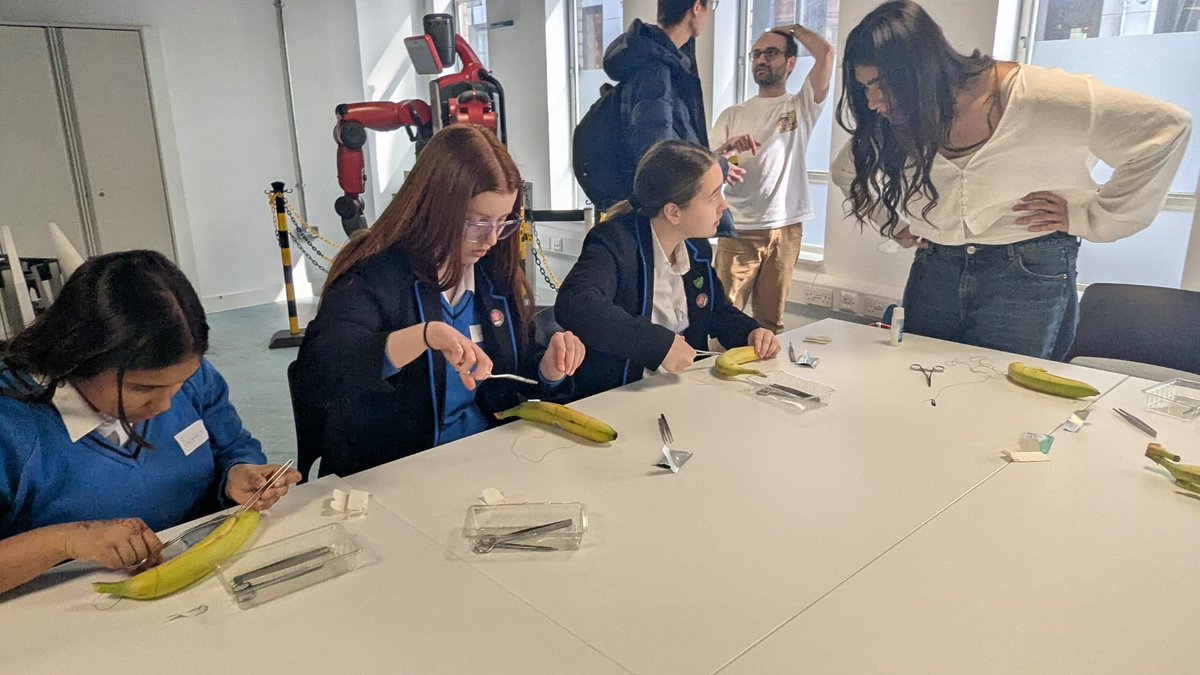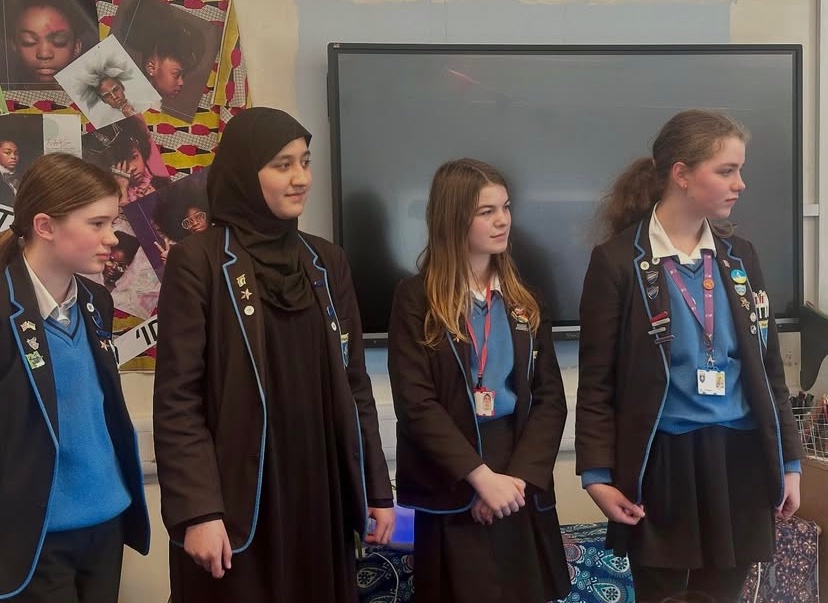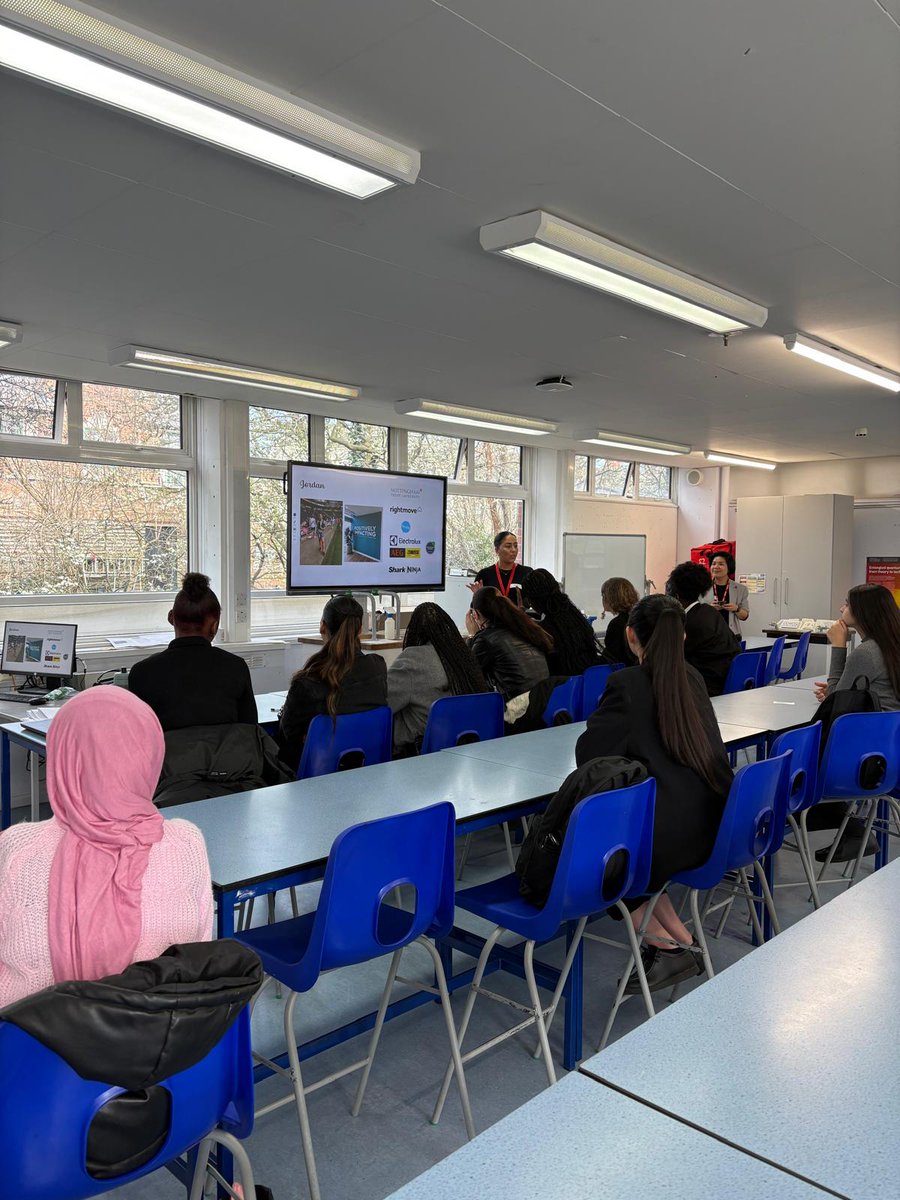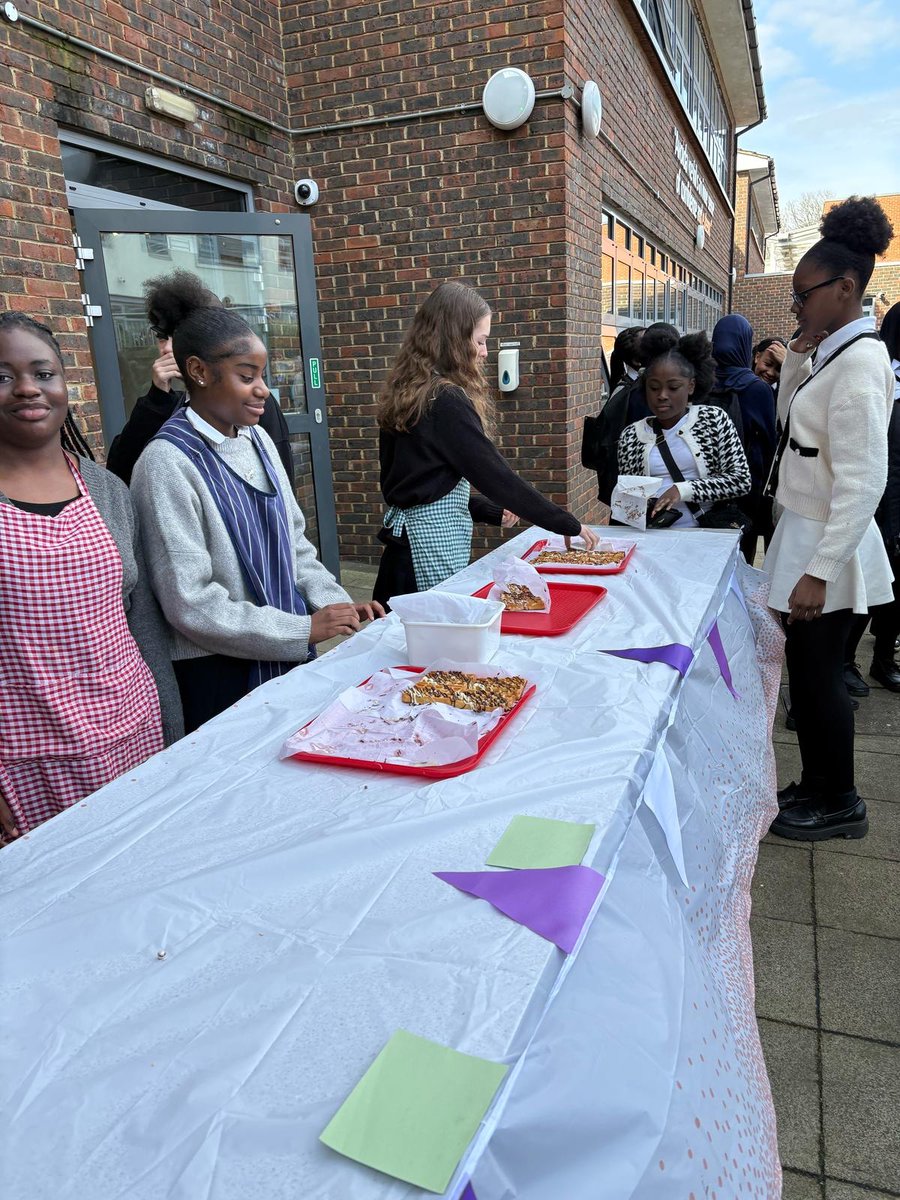Year 10 Work Experience
As part of our careers programme, we provide Year 10 students with the opportunity to take part in (virtual) Work Experience in the summer term 2022 (7th and 8th July 2022).
Click HERE to download FAQs about work experience this year at HGAED.
Participation is not compulsory but work experience represents the possibility for students to engage in a two-day experience that could provide a valuable insight into the world of employment in turn inspiring pathway choices in Year 11 and beyond.
Work experience is an opportunity to get a taste of working life. At Harris Girls’ Academy East Dulwich we will do our best to support you with finding a placement. However, many organisations request direct contact from the student. Since placements are incredibly competitive, we strongly advise that you to start contacting companies early and find a placement yourself. There will be knock backs; 'no' is a common answer. Don't give up!
How to find a placement
A work placement is your opportunity to spend a period of time outside the classroom, learning about a particular job or area of work. It can help you decide on your options for after Year 11 and will give you the opportunity to develop technical and soft skills such as time-management, organisation, self-confidence, communication, independence and a variety of others, depending on what kind of placement you do.
What types of work experience can I do?
Most of you will be expected to find you own placements. Think about what you want to do in the future or what are your favourite subjects currently at school. Ask for help, making a list of related jobs. If you start looking in time you will be able to find a suitable placement by the summer term.
Here are some work experience examples which could be relevant to your subject:
- Museum, archive office, National Trust site (History, Classics)
- Gallery, workshop, branding department of a company, architect (Art, Design)
- Talent agency, backstage theatre work (Drama)
- Teaching English as a Foreign Language (TEFL), translating company, journalism, broadcasting, library, publishing company (English Literature, Modern Languages)
- Water works, research and development department at a local factory, green energy, oil and gas company (Maths, Physics, Chemistry and Engineering)
- Pharmaceutical company, dental practice, nursing home, hospital or GP clinic (Medical Sciences and Human Biology)
- App development company, IT security company, school IT department (Computer Sciences)
- Local astronomy observation centres, automobile and aviation manufacturers (Maths, Physics and Astronomy)
- Teaching your subject to younger students at school, writing articles for a blog or student magazine, starting a society or study group (All subjects)
Finding placements
Family and friends are often a good source for finding placements. Do your parents/carers do something you are interested in? How about your siblings, cousins or your aunts/uncles? Do you already know anywhere you may like to work? e.g. a shop that you like, or an organisation you pass on the way to school?
Go to www.yell.co.uk and search for a local business in the field of work you would like to do. For example, you could search for "engineer" in "Dulwich".

You could also try www.propects.ac.uk where you can research job roles and sectors, un-to-date industry insights, job opportunities for subjects you are studying and more. There is a section on virtual WEX which includes details about industries accepting applications and businesses offering placements.

You could use your Unifrog account to find a local opportunity. You could also read this blog post to support you in finding a placement.
For example, search for apprenticeships/subject area and choose an industry from the comprehensive list such as estate agent and search for results in your local area.
SEND students
If your daughter (or son at sixth form) has SEND, we appreciate that they may require additional support in finding a suitable placement. Students identified will receive early career guidance to support their career choices and further help (if required) to find a role in the industry or subject appropriate for their level of need.
You could try Whizz Kiz, a charity which organises work placement and work skills days for disabled young people between 14-25 years old.
Top tips for a successful placement:
1. Make a list of ten places you would like to apply to.
2. Call, email or visit places of interest and ask if they have work experience opportunities. Use templates shared on Unifrog.
3. If they offer work experience, they will tell you what to do next. Remember, competition for work experience can be difficult, so you will need to make the right impression when communicating with them.
4. Focus on finding yourself a placement first. Avoid asking for you and a friend; employers are unlikely to want a group of friends hanging out at their business. You will also come across more confident and keen if you are willing to complete it on your own, it will be a great experience for you.























